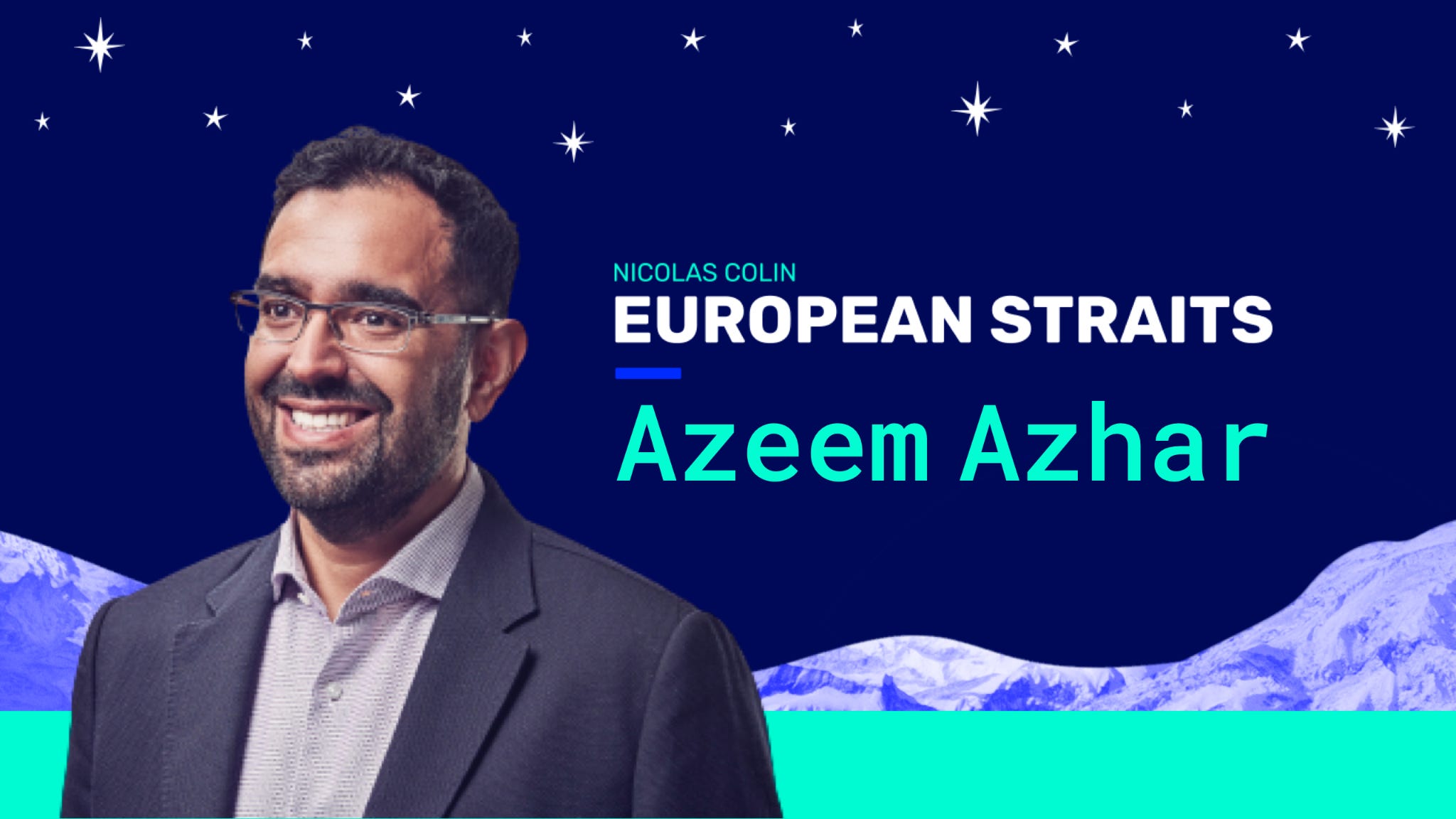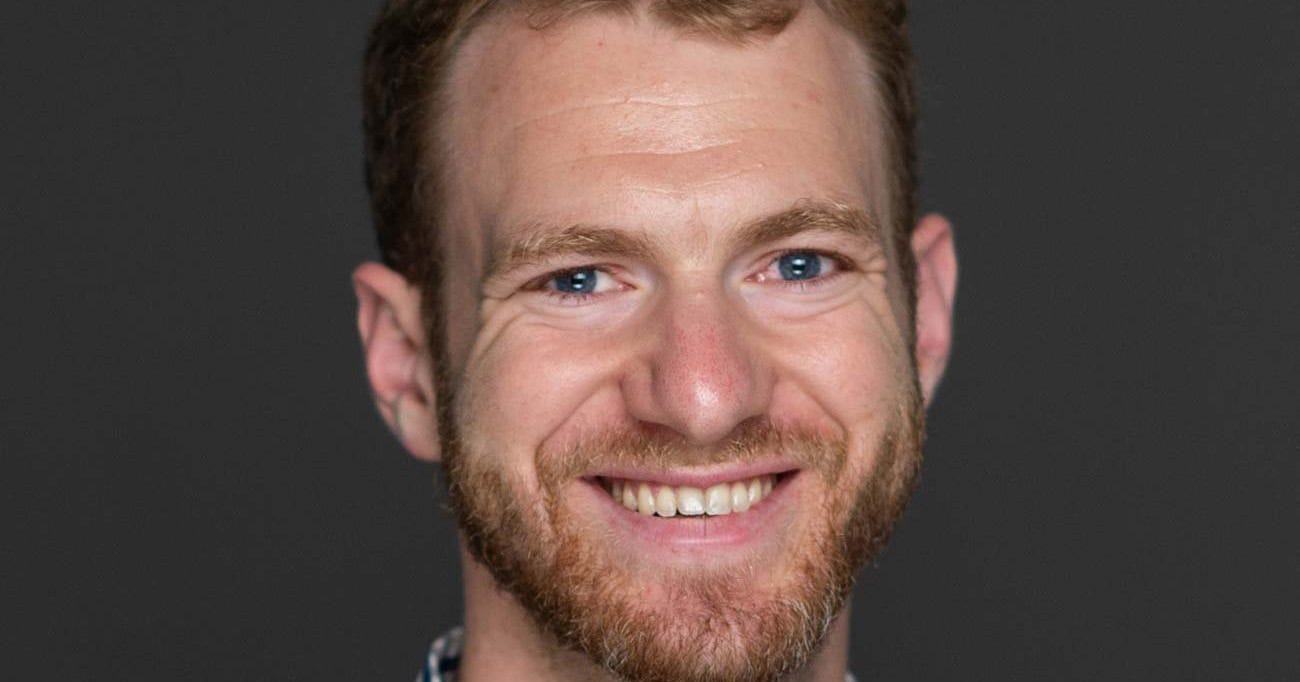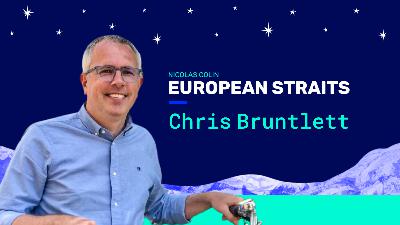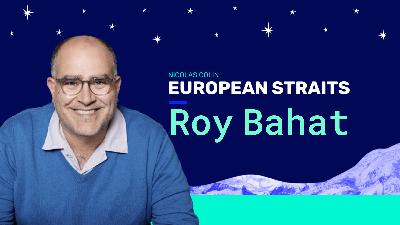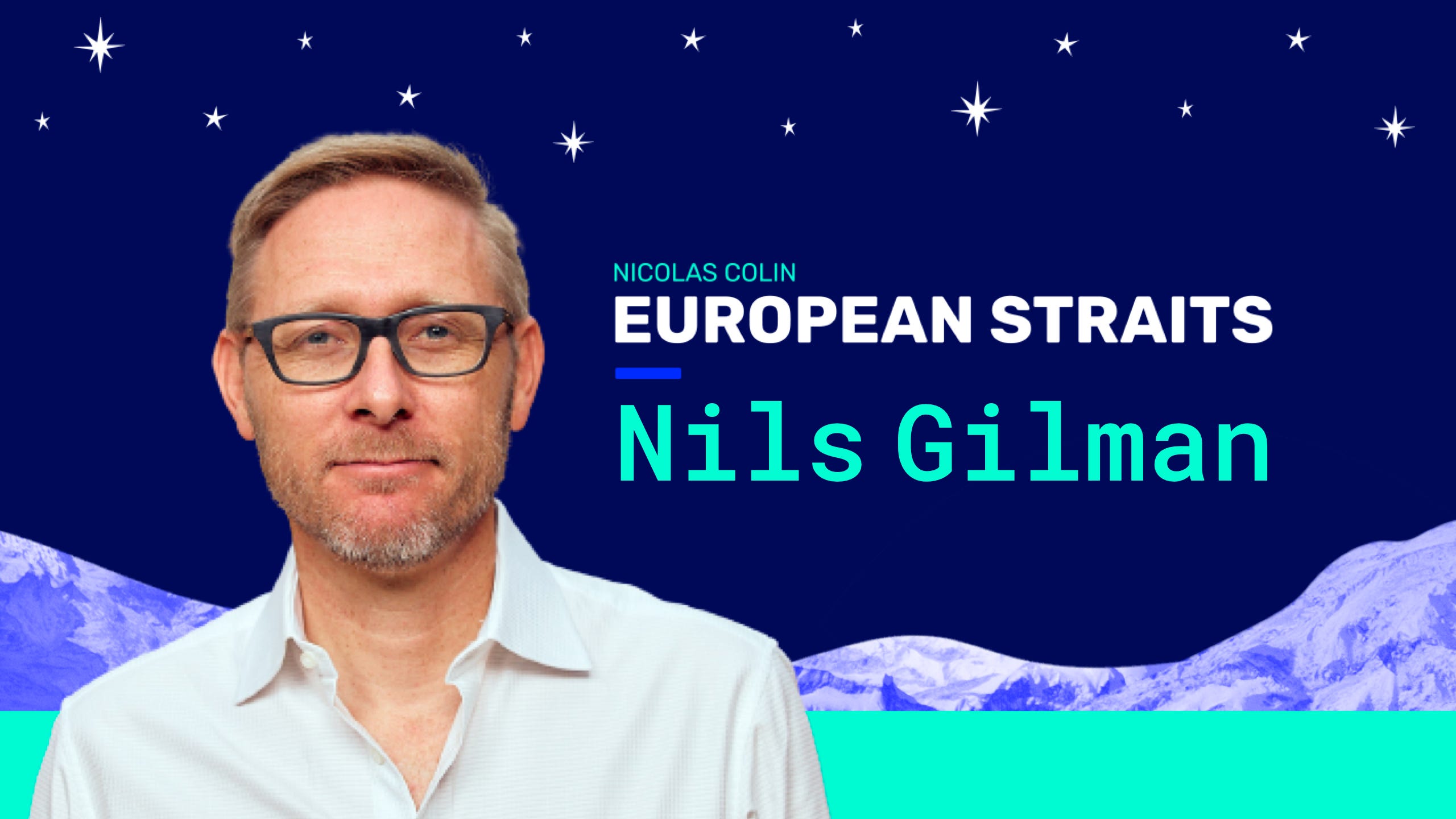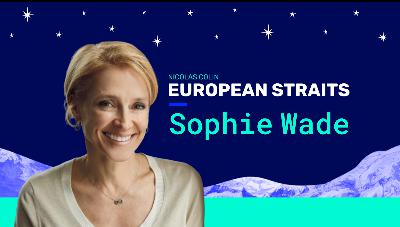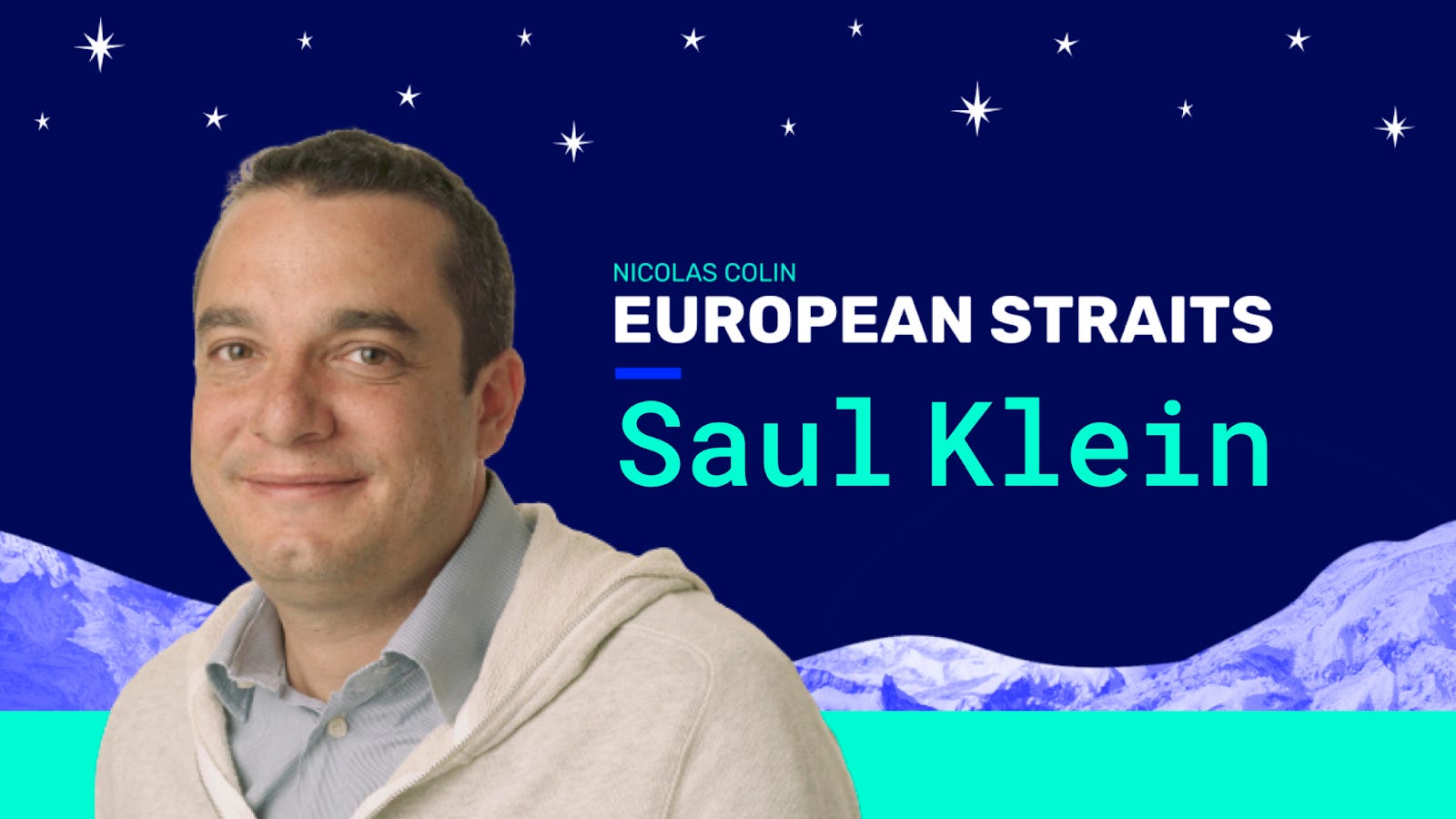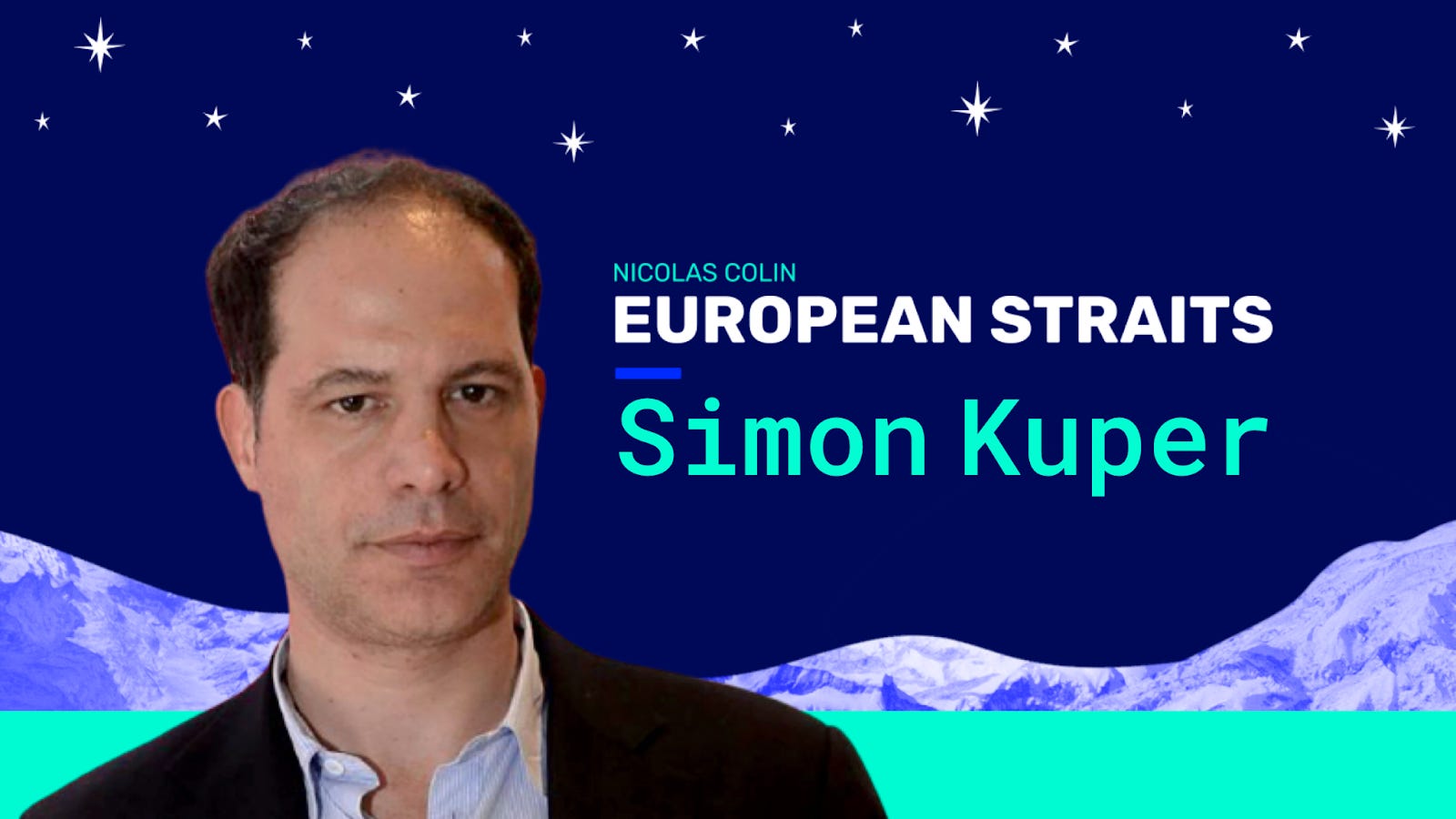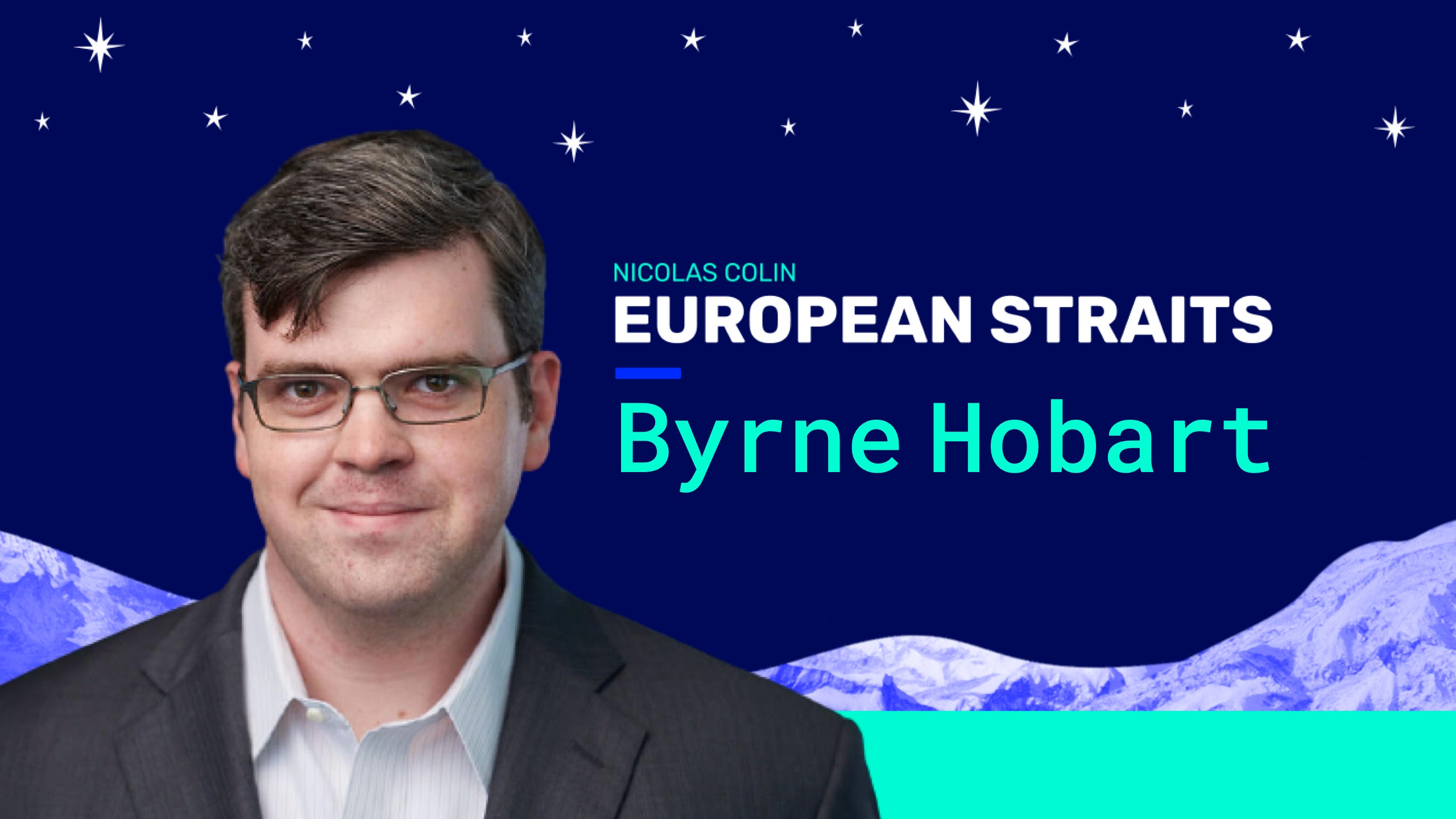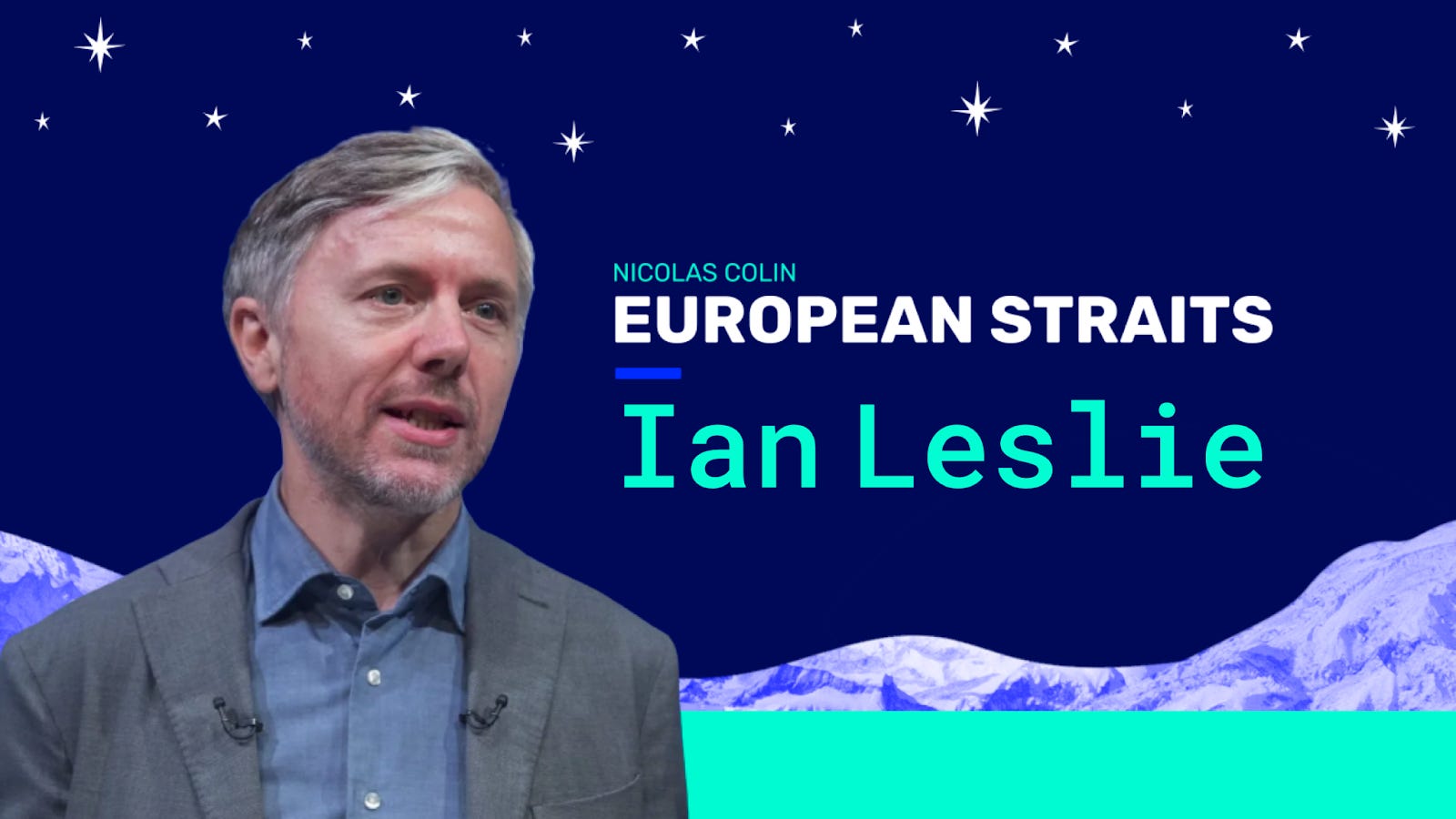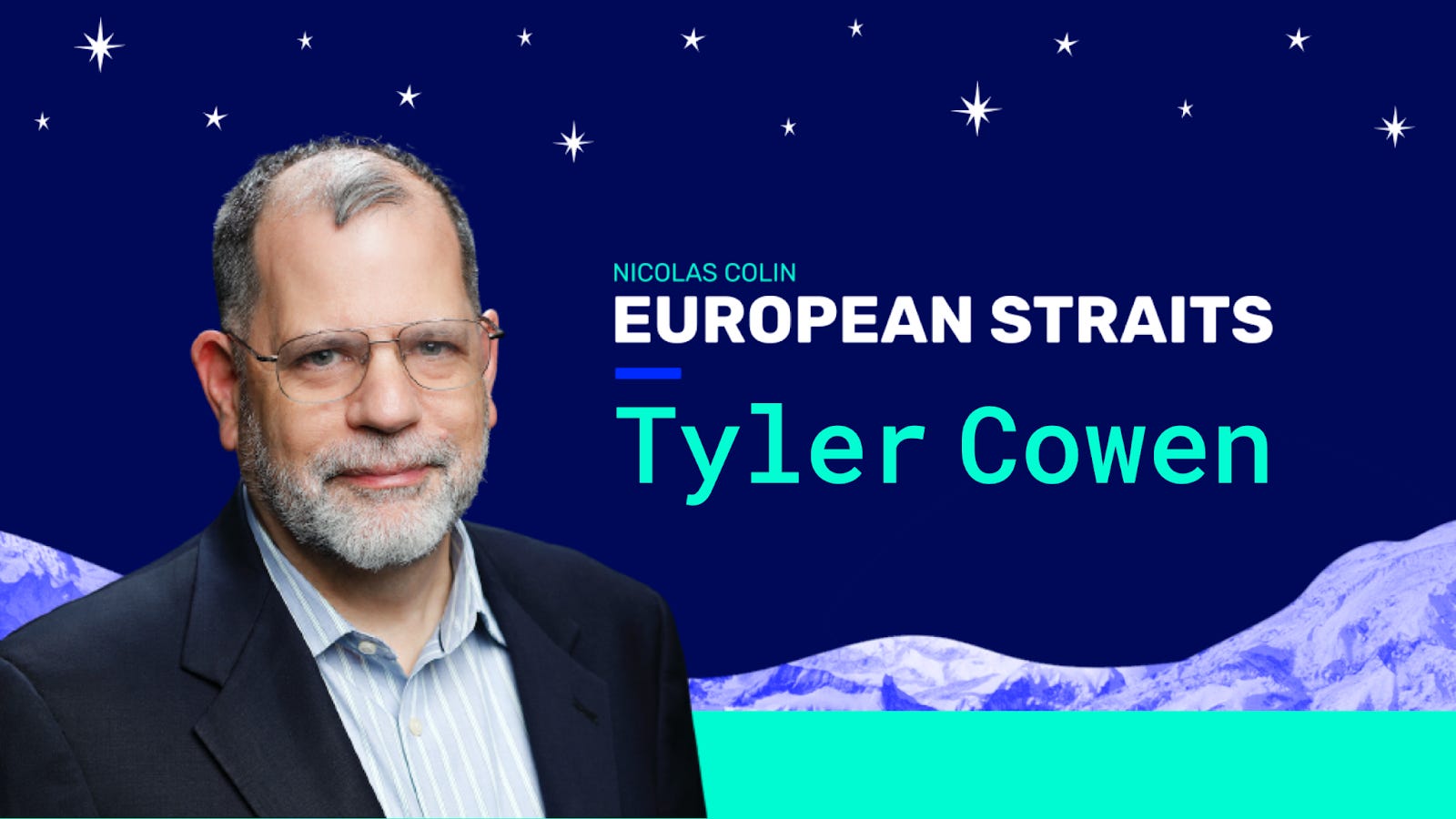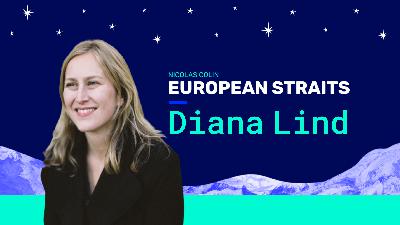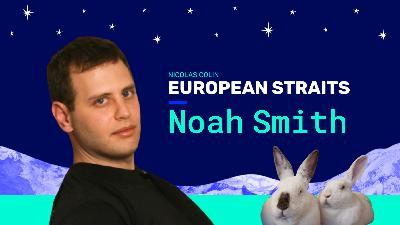Exponential w/ Azeem Azhar. French Tech. Thumbs Up/Down. Unlocked Essays.
Description
The Agenda 👇
* The Building Bridges podcast: a conversation with Azeem Azhar on his book Exponential 🎧
* My latest Sifted column about French startups raising money like never before
* Thumbs up/down for the last weeks
* A list of recently unlocked essays from the archive
📓 What a journey! My first encounter with Azeem Azhar, writer of the Exponential View newsletter and author of the recently published eponymous book Exponential, happened on Twitter a few years back, right after I had settled in London with my family. At the time, I think Exponential View was in its infancy and Azeem was still writing a regular column for the Financial Times.
* We exchanged messages on Twitter about the future of trade unions—which ended up inspiring me with the idea of “exit unions”, discussed here and here, as well as in my book Hedge.
And that is how the connection was made. I believe Azeem and I have only met once IRL, but we’ve kept reading each other, and then Azeem invited my wife Laetitia Vitaud and me to contribute one of the summer editions of Exponential View, which we dedicated to... the future of workers’ rights and trade unions in the platform economy. You can read it here: EV #179 Platforms & workers.
* More recently, Laetitia was a guest on Azeem’s own podcast, an episode dedicated to discussing craftsmanship as the best paradigm to imagine the future of work. Here’s the link: Technology and the New World of Work 🎧
It was only logical that with Azeem publishing a book (his first!), he had to be a guest on our own Building Bridges podcast. Here’s what Laetitia wrote about their conversation:
The pandemic provided us with ample evidence about our being ill-equipped to grasp exponential change. At the beginning of each new wave of contamination, policy makers fell into the same cognitive trap. They ignored exponential growth at the beginning. The early points on any exponential curve look so unimpressive at first that everybody (except for epidemiologists or financial experts) will fail to pay attention to it. So people aren’t ready to adapt to exponential change.
At school, classes are often taught as if Google and Youtube didn’t exist. Our tax systems largely ignore the specifics of our digital economy and fail to properly grasp the value created by digital giants. Labour unions fail to target the growing precariat of our day and age. More people fall through the cracks of the safety net we designed for the industrial age. Even the way we measure and analyse economic value is more and more beside the point. The list could go on and on…
That’s why I was particularly satisfied to find out that this gap had been given a name: the Exponential Gap. In [his] must-read book titled Exponential, Azeem explains that in our Exponential Age, technological change is exponential whereas institutional change is only linear, which results in a fast-growing gap between the two.
👉 You can listen to Azeem and Laetitia discussing the advent of the Exponential Age using the player above 👆 or on Apple Podcasts or Spotify.
Bonus: For those who prefer to listen to French, Laetitia and I will discuss Azeem’s book in the next “À deux voix” episode of our Nouveau Départ podcast, to be published tomorrow. Time to subscribe to our French-speaking platform 🇫🇷
🇫🇷 Last week was quite big for French startups, with a handful of them announcing unprecedented megarounds over the course of just 48 hours. This is the topic of my latest column in Sifted, published this morning, in which I make two points:
* Yes, the French entrepreneurial ecosystem is starting to compound, with the first generation of successful entrepreneurs finally paving the way for the next generations, following a process well documented by analysts of successful entrepreneurial ecosystems.
* However, we should be wary of a typical French trait known as “toxic positivity”: the idea that everything is going well, everyone is doing things right, and France will inevitably grow its own tech giants—like it once grew landmark companies like LVMH, L’Oréal or Air Liquide.
Put simply: there’s no guarantee that because a country was among the most advanced in a given paradigm (that of the Fordist Age), it will remain so in the next one (the Entrepreneurial Age). French founders have to keep pushing, looking outward, and connecting with the rest of the world.
👉 Read more in It's been a record year for French Tech; what's next? 🇫🇷
😀 Echoing my early discussions with Azeem about the future of trade unions, here’s a fantastic contribution by Li Jin (alongside Scott Duke Kominers and Lila Shroff), recently published in Harvard Business Review. This niche topic has become a global conversation, effectively in sync with profound transformations on the labor market. Read more in A Labor Movement for the Platform Economy.
🙂 A gem I discovered: Tyler Cowen on reading fast, reading well, and reading widely. You might remember Tyler being a guest on the Building Bridges podcast a few months ago (here 🎧). He’s known as one of the most effective and efficient readers there is. In this article, discovered via Trevor McKendrick, he explains his approach to books and to absorbing what’s in them.
😏 This tweet was my most popular in recent memory: worth reading the thread, and the article that’s linked in it—a discussion between George Kankou Denkey and Howard French about urbanism in Africa:
😐 I call it “The Great Fragmentation”. David Halpert of Prince Street Capital calls it “Digital Decolonization”. And this article published in Bloomberg discusses an interesting variant, which they call “Westlessness”. Give a read to “Westlessness” Is the Word if the Old Established Alliances Fall Apart:
While it lasted, the West — not in an ethnocentric but in a normative sense — made the world, on balance, a better place. Its ongoing fragmentation therefore bodes ill for stability and peace. The U.S. should keep trying to salvage this West, even as others, like the U.K. and Australia, are wise to draw up a Plan B. But ultimately it’s the Europeans who have to decide what they want — and then do what it takes to become credible.
😒Another one along the same line: Who needs expats? (from The Economist). It discusses trends that I already covered in my 2015 essay The Power of the Tongue: English in the Digital

